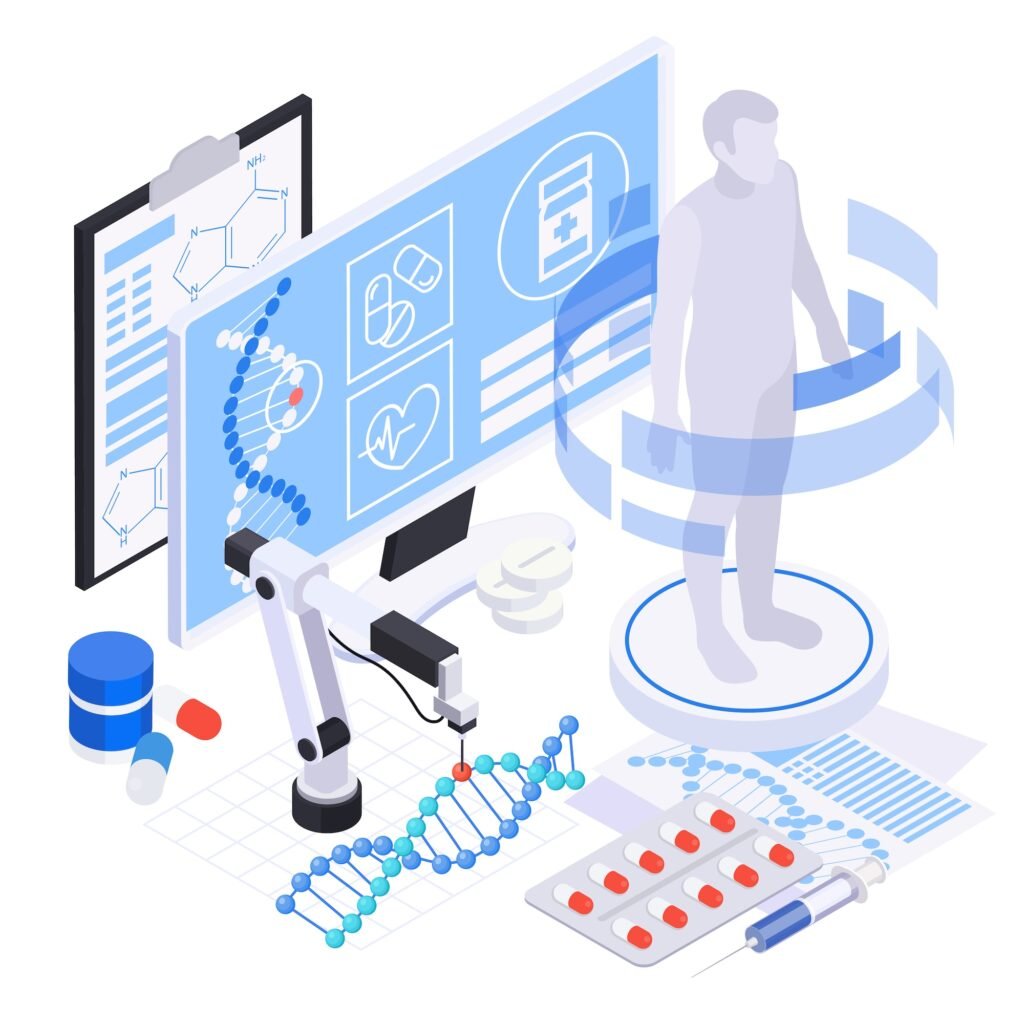In today’s hyperconnected world, digital detox is becoming more than just a buzzword—our days begin with a screen and often end with one. From work emails to social media scrolls, the internet has crept into every aspect of our lives. But amid the buzzing notifications and infinite scrolls, a quiet rebellion is emerging—people are logging off. And not just for a few hours, but for days, weeks, and even months.
This movement is called digital detoxing, and it’s gaining traction worldwide. Surprisingly, it’s not just wellness gurus or remote monks advocating for it anymore. Celebrities, CEOs, and everyday individuals are treating internet-free living as the new luxury—and perhaps, a much-needed necessity.
The Overwhelmed Mind
Let’s be honest—most of us are addicted to our screens. Whether it’s checking Instagram while waiting for coffee, replying to emails during dinner, or watching Tik Toks in bed, we are constantly plugged in. And while technology brings convenience and connection, it also breeds burnout, anxiety, insomnia, and a relentless pressure to keep up.

The human brain was never designed to process this much information in such short spans of time. Our attention spans are shrinking. Emotional bandwidths are thinning. We know too much, too fast. And yet, stepping away feels nearly impossible.
That’s why when someone actually does it—switches off their phone, logs out of social media, and disappears from the grid—it feels almost radical. Luxurious, even.
The Rise of Digital Wellness Retreats
Imagine a resort nestled in the mountains, no Wi-Fi, no televisions, and no mobile signals. At first glance, it may seem inconvenient, even scary. But for many, it’s the ultimate form of healing. Around the world, digital detox retreats are now being marketed like high-end vacations.
These retreats offer mindfulness workshops, nature trails, yoga, journaling sessions, and simply uninterrupted time to reconnect with yourself. Attendees often report feeling refreshed, mentally lighter, more focused, and even more creative after just a few days.
The idea is simple: Remove the noise, and you begin to hear your own thoughts again.
Silence Is the New Status Symbol
For a long time, luxury meant owning the latest tech or having access to high-speed everything. But now, luxury is becoming about escape—not from physical places, but from digital dependence.
In elite circles, “I didn’t check my phone all weekend” is said with pride, not guilt. Powerful people are now curating offline time like they once scheduled meetings. CEOs are announcing social media breaks. Influencers are pausing content creation for self-care.
In this landscape, silence, peace, and presence are being rebranded as rare and precious commodities.
The Cost of Constant Connection
Constant connectivity blurs the line between rest and work, play and productivity. Notifications don’t just demand attention; they hijack it. Over time, the mental cost becomes heavy—decision fatigue, emotional numbness, FOMO, and even digital resentment.
Many don’t realize they’re drowning in digital noise until they step out of it. And when they do, they often wonder how they lived with it for so long.
There is a growing awareness now: Just because we can be available 24/7 doesn’t mean we should be.
The Emotional Aftertaste of Logging Off
At first, digital detoxing feels uncomfortable. There’s a kind of silence that feels too loud. You might reach for your phone dozens of times before realizing there’s no purpose. You might feel bored, restless, or even anxious.
But then something interesting happens—you notice the small things. The way sunlight hits the floor. The softness in someone’s voice. The way your mind starts wandering again, not aimlessly, but creatively.
It’s in these quiet moments that people reconnect with forgotten parts of themselves. The mind isn’t being fed content—it’s creating thoughts, reflecting, and even healing.
Creating Your Own Digital Detox
You don’t have to book a luxury retreat in the Himalayas to start a digital detox. You can begin in small ways:
- Set phone-free hours during meals, before bed, and after waking up.
- Turn off push notifications for non-essential apps.
- Schedule “digital sabbath” days once a week where you stay offline.
- Leave your phone in another room when you’re spending time with loved ones.
- Replace screen time with journaling, reading, or walks without headphones.
These may seem simple, but their impact is profound. You’ll begin to reclaim your time, focus, and emotional space.
The New Digital Balance
Cutting off the internet entirely isn’t realistic or even necessary for most people. What we truly need is a balance—a healthier relationship with the digital world.

It’s not about demonizing technology. It’s about owning your attention again. Using the internet as a tool, not being used by it. Choosing when to engage, and when to disconnect.
In that choice lies a kind of freedom most people didn’t know they were missing.
Why This Movement Matters
We live in an era where being “always online” is glorified. Hustle culture thrives on digital presence. But more and more people are asking: At what cost?
Burnout is rising. Authentic connections are thinning. And mental health is quietly crumbling behind bright screens.
Digital detoxing is not just a wellness trend—it’s a silent protest. A way of saying my peace matters more than my feed. It’s an invitation to slow down, to breathe, and to remember what life felt like before constant notifications.
Conclusion: Logging Off to Tune In
In a world obsessed with being connected, disconnecting might be the boldest thing you can do. Whether it’s for an hour, a day, or a week, stepping away from the digital chaos can reconnect you to the things that truly matter—your thoughts, your relationships, your presence.
So yes, maybe digital detoxing is the new luxury. But more than that, it might just be the new necessity.
Not because the world is too fast, but because we deserve to live a little slower.
Also Read : Bangladesh School Jet Crash Sparks National Outcry, Demands Action.







Leave a comment